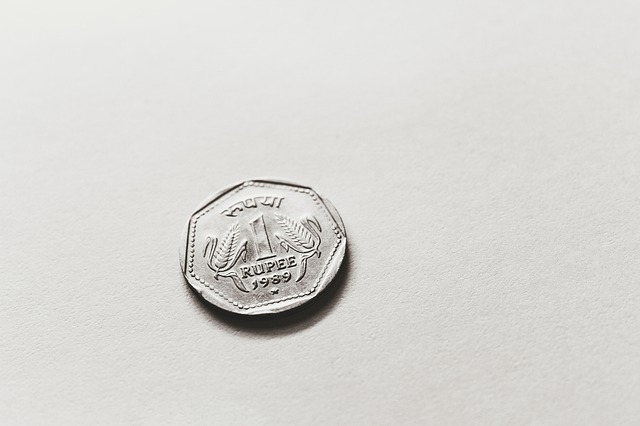Background:
- Depreciation of the currency means a decrease in the value of the currency when compared to the Dollar.
- As of 10th April 2021, 1 US dollar is worth Rs. 74.73.
Factors affecting the value of the Rupee:
- When there is a demand for any currency, its value increases and when the demand is lesser than the supply, the currency’s value decreases. As India’s imports are more than exports, demand for the rupee is less. When we import any goods from other countries, in general, we have to buy their currency to buy those goods (We buy other countries’ currencies beforehand and keep them as foreign exchange reserves). So, the demand for their currency goes up and as we push the same amount of rupees out into the circulation, the supply of rupees increases. But demand will not increase. And hence the value of the rupee depreciates.
- When there is a strong demand for the dollar, its value increases. And then we have to more rupees to buy dollars. Thereby, the value of the rupee decreases.
- Inflation means an increase in the prices of commodities. If the inflation increases, purchasing power parity of consumers decreases. Thereby they buy less. It leads to economic recession. Thereby rupee value decreases.
- High interest rates may attract investors, but practically high interest rates lead to an increase in the government debt, thereby GDP growth comes down. Then foreign investors are unsure of their returns, thereby they may take their investments back. It leads to Rupee depreciation. On the other hand, low-interest rates too may not attract investments much resulting in the lack of demand for the rupee.
- A strong economy and growing economies attract foreign investments because investors are sure of returns. More demand means more value of the currency. If the economy is not strong and if the country is dealing with many issues such as unemployment, political instability, corruption etc., people will not invest in the country and the demand for the currency decreases and hence the value.
- International factors such as trade wars, changes in crude oil prices affect the international economy. Uncertainty leads to fluctuations in the currencies of most countries.
Effects of Rupee depreciation:
- Because of the Rupee depreciation, Exporters are at the benefit as they will get more rupees for the same amount of dollars.
- Importers are at a loss as they have to pay more Rupees for the same amount of dollars.
- Foreign investors will lose confidence in the country’s economy and they will take back their investments leading to further depreciation of the rupee.
- Tourism and studies in foreign will become expensive.
- NRIs are at the benefit as they will get more rupees for the same amount of dollars.
Conclusion:
Even though there are some temporary benefits of currency depreciation, it’s not good for the country’s economy. A strong currency attracts domestic investors and also foreign investors and thereby paves the way for economic development.
Image by Free stock photos from www.rupixen.com from Pixabay
Your Turn…
What are your thoughts on this topic? Express your point of view through the comment section below. Subscribe to our blog to read answers to trending GD topics.
Copyright @ Group Discussion Ideas.

